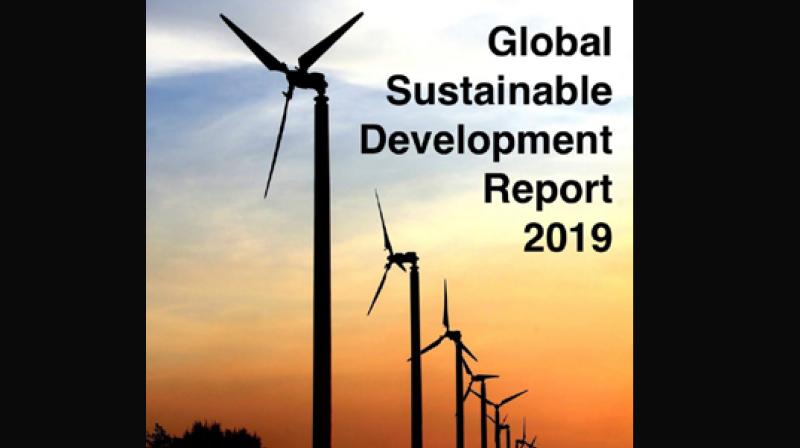Capitalism ecologically unsustainable: Scholars

Kochi: A group of scholars from Finland suggested that capitalism has become an ecologically unsustainable economic system.
A draft paper titled Governance of Economic Transition for the UN Global Sustainable Development Report 2019 available online states: “Economies have used up the capacity of planetary ecosystems to handle the waste generated by energy and material use”.
Stressing the need for new economic thinking, the authors stated that “dominant economic theories as well as policy-related economic modelling rely on the presupposition of continued energetic and material growth. The theories and models anticipate only incremental changes in the existing economic order. Hence, they are inadequate for explaining the current turmoil”.
The paper, after briefly examining the prevailing trends in areas such as energy, transport, food and housing, calls for changes in these areas.
The authors have also questioned the notions that market-based solutions will help in overcoming the current problems. “Market-based action will not suffice. There must be a comprehensive vision and closely coordinated plans. Otherwise, a rapid system-level transformation toward global sustainability goals is inconceivable,” they say.
They also questioned the distrust of government intervention on issues of public policy.
“The typical opposition to the need for rapid coordination in most Western countries begins with the influential idea that only under a regime of limited government intervention can the markets sustain its efficiency. Thus, if the state prioritises one technology over the other, it will most likely prioritise the wrong one. If the state employs people to build new infrastructure, it will crowd out private enterprise,” they say.
The six authors comprising different universities and research institutes also said that most of the dominant economic theories, approaches and models developed during the era of energetic and material abundance would not be effective in addressing the concerns resulting from “rapid climate change, biodiversity loss and other environmental hazards”.
Societies are also “witnessing rising inequality, rising unemployment, slow economic growth, rising debt levels and governments without workable tools for managing their economies”, they say.

